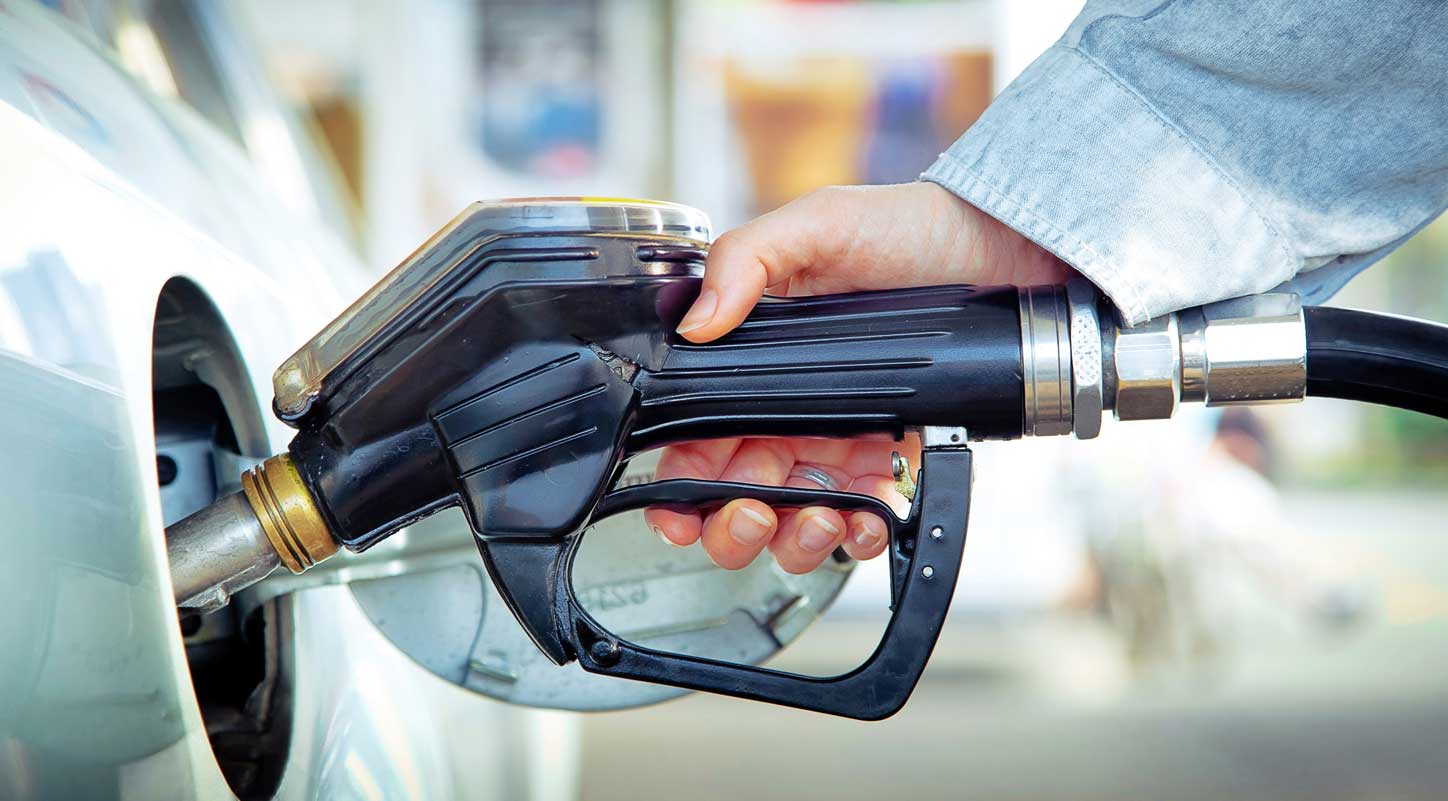Oil minister Dharmendra Pradhan Tuesday said the government does not interfere in the pricing of petroleum products which had been deregulated, allowing state-owned retailers to fix rates based on the international benchmark. The comment came as criticism mounted on the move by the government to ask state-owned oil PSUs to subsidise petrol and diesel by Re 1 per litre to make retail price cut look bigger after it cut excise duty on the fuels by Rs 1.50 a litre. Global oil major BP, which secured a licence to open petrol pumps in the country but hasn’t started fuel retailing yet, Monday said: Price controls will not be good for the fuel sector. BP chief executive Bob Dudley said slow decision-making had in the past curbed its investment in the country and was not good for brand India. The government has no business to interfere in pricing mechanism of petroleum products which has been left to the oil companies to decide on a daily basis, Pradhan told. The government, he said, has a role in taxation and it had on October 5 cut excise duty by Rs 1.50 per litre. This coupled with Re 1 per litre subsidy by oil PSUs took the reduction in retail rates to Rs 2.50 per litre. However, the relentless price hike has wiped away all cut benefits on diesel and most on petrol. Petrol price Tuesday was raised by 11 paise a litre and diesel by 23 paise, according to a price notification issued by state-owned fuel retailers. Pradhan said the government had asked state governments to match the Rs 2.50 per litre cut in prices announced by the Centre with a similar reduction in local sales tax or VAT. Some states have done it. Some like Delhi haven’t. You should ask them why they haven’t, he said. After the Centre cut excise duty by Rs 1.50 per litre and asked PSU oil firms to subsidise fuel by Re 1, Maharashtra and Gujarat governments were among the first to announce a matching Rs 2.50 cut. They were later joined by Chhattisgarh, Jharkhand, Tripura, Uttar Pradesh, Madhya Pradesh, Himachal Pradesh, Haryana, Assam, Uttarakhand, Goa, Arunachal Pradesh and Bihar with similar moves. Jammu and Kashmir, which is under the governor’s rule, too reduced the tax on the two fuel. Maharashtra, however, reduced VAT only on petrol and not on diesel. Even before the excise duty cut, Rajasthan, West Bengal, Karnataka, Kerala and Andhra Pradesh had last month reduced VAT to cushion consumers for a spate of price increases.
Pradhan says govt does not interfere in fuel pricing

